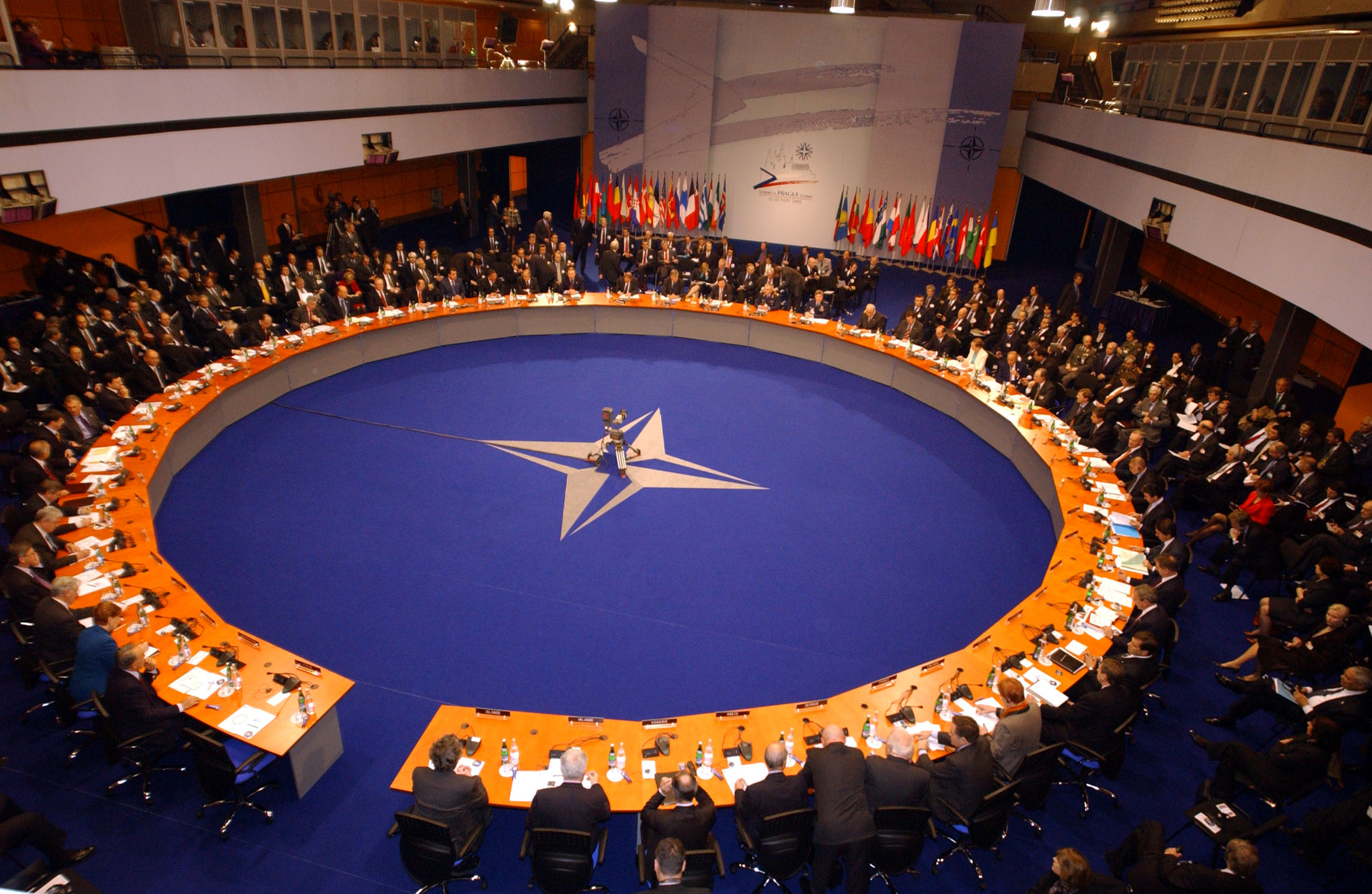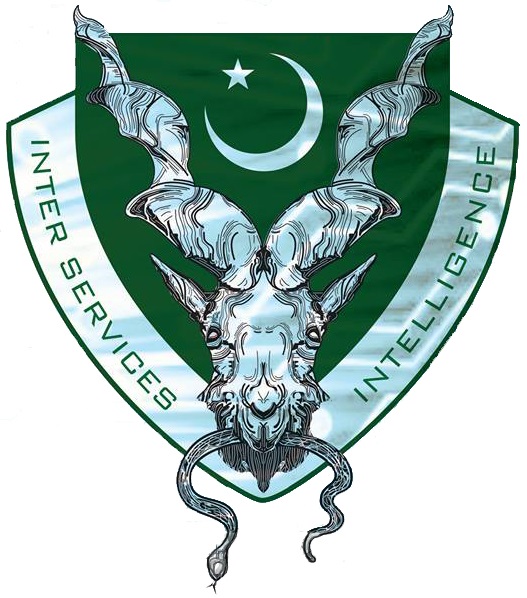This article from atlantic-community.org is authored by Courtenay Mitchell
Transatlantic relations are in transition. Where once Europe dominated US concerns, Asia now occupies center stage. Moreover, the Obama administration’s increasing reluctance to lead in times of international crisis has forced Europeans to take on greater responsibility and independence in foreign policy. If they are to successfully confront future challenges, the transatlantic partners must reevaluate their alliance and bring it up to date with current global realities.
One of the biggest changes in the geopolitical landscape over the past few years has been the emergence of rising powers. While the Western world has struggled with economic difficulties, countries such as China, Brazil, and India have all seen periods of significant economic growth and increased international influence. Some have even heralded the rise of Africa. US foreign policy clearly reflects this changing global reality, through the so-called ‘pivot’ to Asia and the focus on ‘nation building at home.’ Transatlantic policy, however, does not seem to have evolved in a similar fashion.
If either partner is to maintain their influence in global affairs, they must work together to develop a coherent and coordinated transatlantic response to the new challenges that face them. Talks regarding a transatlantic free trade deal are a step in the right direction, especially when it comes to addressing economic difficulties on both sides of the Atlantic. Addressing the issue of rising powers, however, seems to be something on which the US and Europe have made little joint progress. It is here where the alliance seems to face its greatest problems, most specifically when it comes to the US ‘pivot,’ which many outside Washington have characterized as the a pivot away from Europe.
Perhaps the way forward lies not in a purely transatlantic approach, but in what Daniel Hamilton of Johns Hopkins University has termed a ‘pan-Atlantic’ approach. As Hamilton described it in a talk at the Robert Bosch Foundation in Berlin, such an approach would involve Europe and North America working with the countries of Latin America and Africa to develop a framework through which to cultivate mutually beneficial relationships.
First and foremost, closer cooperation and coordination between these four Atlantic continents would provide a means through which to address some of the world’s most pressing problems and emerging challenges, including the trade in illicit drugs and the development of renewable energy technology. An important corollary of this, however, is that, in doing so, it would provide the transatlantic partners with an opportunity both to develop relations with rising powers and to build up a stronger, more effective, and more productive alliance system based on mutual benefit and soft power, rather than what has often been perceived in the past as Western interests and military force.
There are also advantages for the US in terms of its Asia policy. Though not explicitly aimed at containing China, a pan-Atlantic approach would essentially have this effect, especially when combined with the current US pivot policy in Asia, through enhancing the positive global image of the US and strengthening ties with other rising powers, all at the expense of China.
The big question here is feasibility. Despite the advantages of such an approach, there are also enormous obstacles. Perhaps the biggest of these is in gaining the South’s trust. As Hamilton argued, given the history of north-south relations, the pan-Atlantic approach is unlikely to succeed unless the South believes itself to have been the initiating party. Bearing this in mind, there are two key areas in which the transatlantic partners can move things forward. First, as Atlantic Community members have argued, they should look to cultivate better and closer relations with Brazil. Not only is Brazil a rising power, but it wields considerable influence amongst the states of the South, both in Latin America and Africa. Second, it can engage the South on one of the key issues affecting all four continents. Perhaps the most obvious of these is the trade in illicit drugs; a topic on which Latin American states have long been calling for a reevaluation of policy, but on which the North has, as yet, been unwilling to move.
The twenty-first century has introduced new challenges and priorities for the transatlantic partners. So far, however, they have failed to respond, as an alliance, in a way that comprehensively addresses and accommodates these new realities. A pan-Atlantic approach would provide them with an innovative and profitable way to do this, if only they have the foresight and conviction to seize the opportunity.
Courtenay Mitchell is a former Managing Editor at atlantic-community.org. She holds an MA in International Relations from the University of Chicago.
This article was originally published at atlantic-community.org




